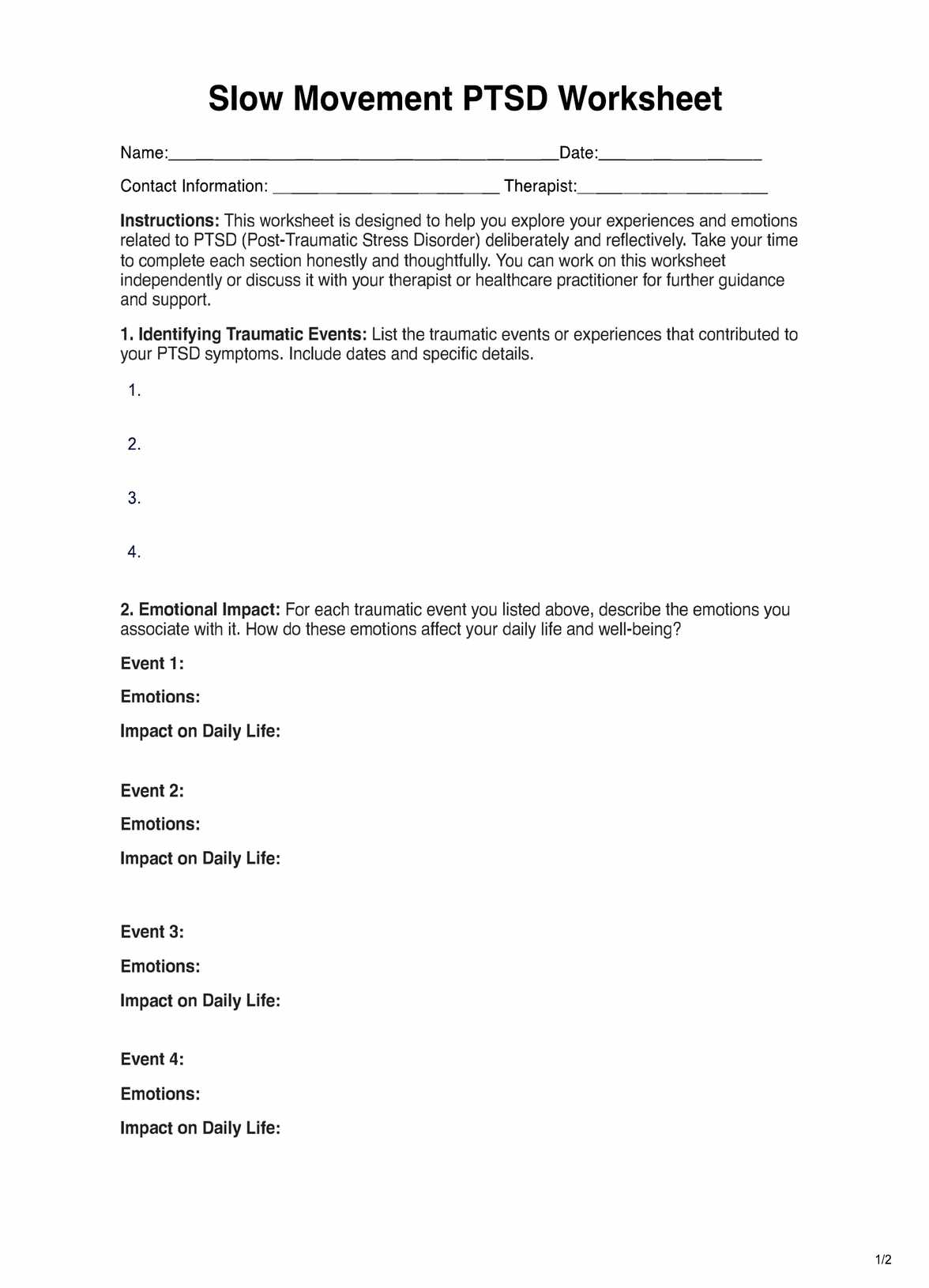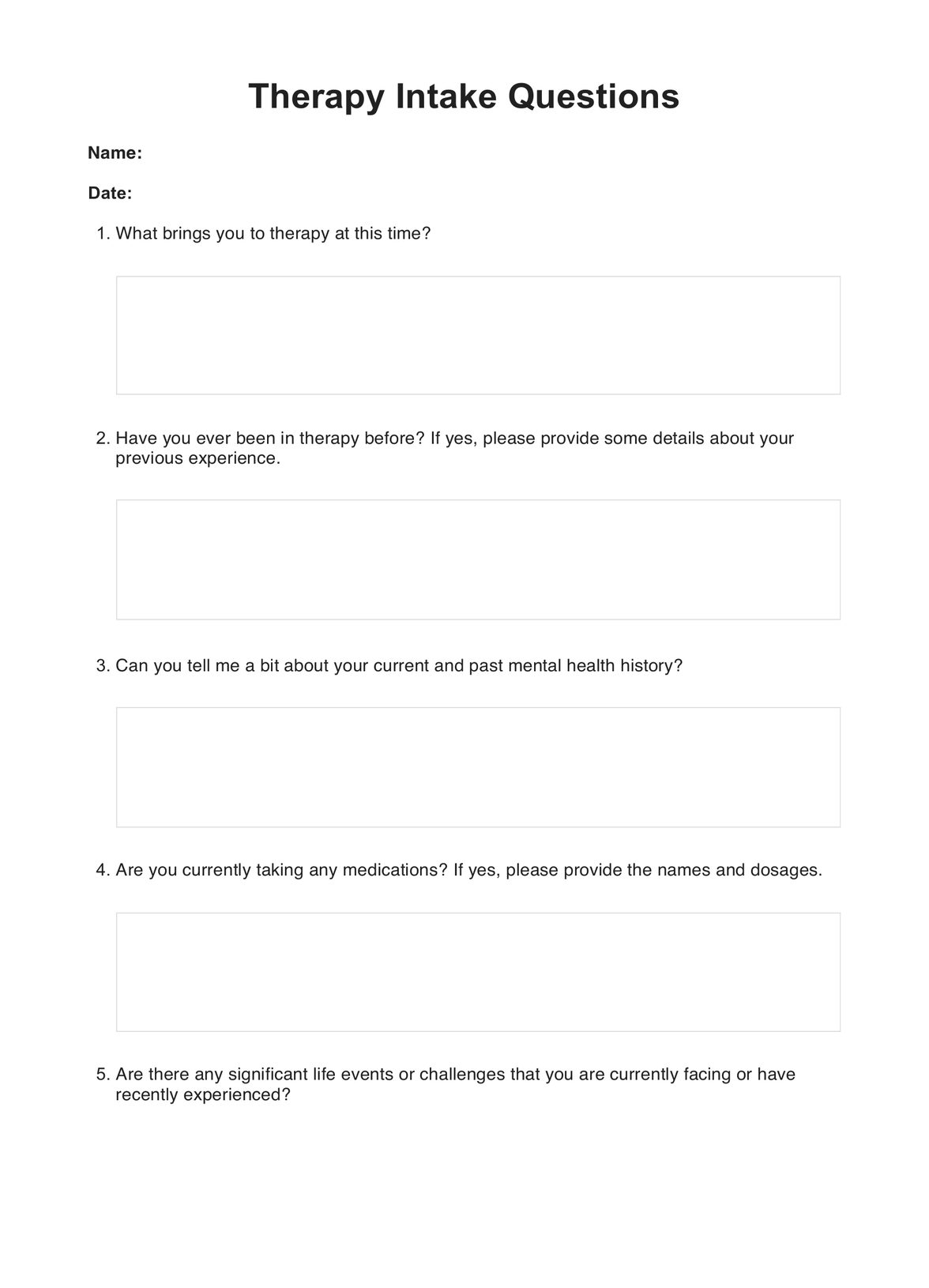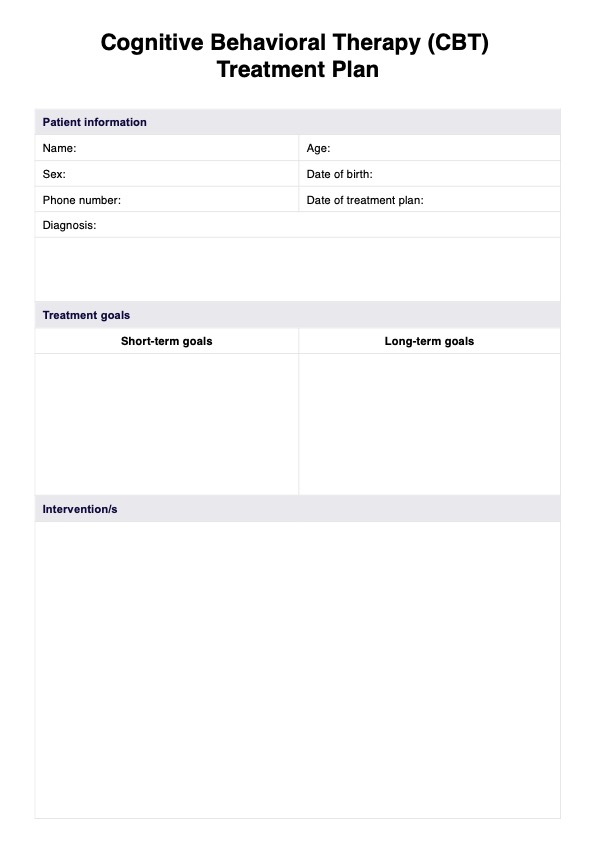Amniocentesis
Discover the power of the Amniocentesis Test. Get accurate information about its uses, procedures, and results from the experts to make informed decisions.


What is an Amniocentesis Test?
Amniocentesis tests are a vital diagnostic tool used during pregnancy to obtain essential information about the developing fetus. This medical procedure involves extracting a small sample of amniotic fluid from the amniotic sac surrounding the fetus, which may reveal crucial insights into the baby's health and genetic makeup. Typically, amniocentesis tests are performed between the 15th and 20th week of pregnancy, although they can be done later in some cases.
Amniocentesis tests aim to diagnose genetic disorders and chromosomal abnormalities such as Down syndrome, cystic fibrosis, or neural tube defects like spina bifida. Additionally, it can help assess the baby's lung maturity in cases where early delivery is being considered.
The results from amniocentesis tests can take a few days to several weeks to process. Once available, they can help parents and healthcare providers make informed decisions about the pregnancy, including potential treatment options or preparing for the needs of a child with specific health conditions.
While amniocentesis tests are a valuable diagnostic tool, they are not without risks. There is a small risk of complications such as infection, bleeding, or leakage of amniotic fluid. Therefore, the decision to undergo this procedure should be based on individual circumstances, including maternal age, family history, and other prenatal screening results, and should be thoroughly discussed with a healthcare provider.
are a vital diagnostic tool that can provide crucial information about the developing fetus and help parents and healthcare providers make informed decisions about the pregnancy. It's essential to discuss the risks and benefits of undergoing this procedure with a healthcare provider to make an informed decision.
Amniocentesis Test Template
Amniocentesis Test Example
How Does It Work?
1. Consultation and Informed Consent (Preparation)
Pregnant individuals meet with their healthcare provider to discuss the need for amniocentesis. The healthcare provider explains the risks and benefits of the procedure, as well as its purpose. Informed consent is obtained from the pregnant, ensuring they understand the procedure and potential outcomes.
2. Pre-Procedure Preparation
The pregnant individual is usually asked to empty their bladder before the procedure. An ultrasound is often performed to locate the fetus, the placenta, and a safe spot for needle insertion.
3. Sterilization and Needle Insertion
The abdomen is cleaned and sterilized to minimize the risk of infection. Using real-time ultrasound guidance, a thin, hollow needle is carefully inserted through the abdominal wall and into the amniotic sac.
4. Sample Collection
A small amount of amniotic fluid, typically around 20 milliliters, is drawn into a syringe. The needle is withdrawn, and the collected liquid is sent to a laboratory for analysis.
5. Post-Procedure Monitoring
After the procedure, the pregnant person is observed briefly to ensure no immediate complications, such as bleeding or contractions. Vital signs may be monitored to ensure the well-being of the pregnant person and the fetus.
6. Results and Follow-Up
Results from the amniocentesis test can take some time to process, often ranging from a few days to a couple of weeks. Once the results are available, the healthcare provider discusses them with the pregnant person and guides any necessary follow-up steps or decisions regarding the pregnancy.
Amniocentesis is a diagnostic tool with risks like infection, bleeding, or fluid leakage. The decision to undergo this procedure should be made with a healthcare provider considering individual circumstances and medical history. Patients can obtain a printable test form from their healthcare provider or medical facility containing information about the procedure, its risks, and informed consent.
When Would You Use This Test?
Amniocentesis Test is a valuable diagnostic tool used in specific medical scenarios during pregnancy. Healthcare practitioners typically determine its use based on various factors. Here are critical situations in which an Amniocentesis Test might be considered appropriate:
- Advanced Maternal Age: Women who become pregnant at an older age, typically over 35, have an increased risk of having a child with chromosomal abnormalities such as Down syndrome. Amniocentesis may be recommended to assess the fetus's genetic health in these cases.
- Abnormal Prenatal Screening Results: If initial prenatal screenings, such as blood tests or ultrasound scans, suggest an increased risk of fetal abnormalities or genetic disorders, healthcare providers may recommend amniocentesis for a more accurate diagnosis.
- Family History of Genetic Conditions: When there is a family history of specific genetic conditions or congenital disabilities, amniocentesis can be employed to assess whether the fetus carries these genetic traits.
- Previous Child with Genetic Abnormalities: If an earlier child was born with a genetic abnormality or chromosomal disorder, parents may opt for amniocentesis in subsequent pregnancies to assess the risk of recurrence.
- Early Detection of Neural Tube Defects: Amniocentesis can evaluate alpha-fetoprotein (AFP) levels in the amniotic fluid. Elevated AFP levels may indicate the presence of neural tube defects, such as spina bifida, prompting further evaluation or intervention.
- Assessment of Fetal Lung Maturity: In cases where there is a need for early delivery due to maternal or fetal health concerns, amniocentesis can be used to determine the maturity of the fetal lungs. This information helps healthcare providers make decisions regarding the timing of delivery.
What do the Results Mean?
The results of an Amniocentesis Test are crucial in providing information about the health and genetic makeup of the fetus. Here are typical results and their implications:
- Normal Results: A typical result indicates no significant genetic or chromosomal abnormalities detected in the fetus. This is reassuring news for expectant parents, suggesting a lower risk of conditions like Down syndrome, cystic fibrosis, or other genetic disorders.
- Abnormal Results: Abnormal results may indicate the presence of genetic or chromosomal abnormalities in the fetus. The specific abnormality will depend on the details provided in the results. Common abnormalities include:
- Trisomy 21 (Down Syndrome): If the test detects an extra chromosome 21, it indicates Down syndrome.
- Trisomy 18 (Edwards Syndrome): An extra chromosome 18 is associated with a severe genetic disorder.
- Trisomy 13 (Patau Syndrome): An extra chromosome 13 is linked to Patau syndrome, which also has severe health implications.
- Other Genetic Disorders: Abnormal results may also indicate the presence of less common genetic conditions, and further testing may be necessary for a precise diagnosis.
- Inconclusive or Uncertain Results: In some cases, the results may be inconclusive, meaning that they do not provide a clear answer about the presence of genetic abnormalities. In such instances, additional testing or further evaluation may be recommended.
- Lung Maturity: If the amniocentesis is performed to assess fetal lung maturity, the results will indicate whether the lungs are sufficiently developed for safe delivery. This information is crucial for planning the timing of delivery, especially if there are concerns about the health of the mother or the fetus.
Discuss amniocentesis results with a healthcare provider. Abnormal results provide information for informed decisions, not necessarily termination. Verify any free test with a trusted healthcare provider.
Research & Evidence
Amniocentesis, a prenatal diagnostic procedure, has a significant history of development and a robust body of research and evidence supporting its use.
Amniocentesis was first introduced in the early 1950s as a medical procedure. The procedure evolved from early experiments in fetal medicine and prenatal diagnosis. It gained popularity in the 1970s and 1980s as a reliable method for assessing the genetic health of a developing fetus.
Amniocentesis is primarily used to diagnose genetic and chromosomal abnormalities in the fetus. Numerous studies have validated its accuracy in detecting conditions like Down syndrome, trisomy 18, and trisomy 13. Research has shown that amniocentesis can be used to assess alpha-fetoprotein (AFP) levels in amniotic fluid. Elevated AFP levels can indicate neural tube defects like spina bifida, allowing for early intervention and management.
Studies have established the effectiveness of amniocentesis in assessing fetal lung maturity. This is particularly important when considering preterm delivery to ensure the infant's lungs are adequately developed. Research has demonstrated the role of amniocentesis in providing parents with essential information for making informed reproductive choices. It allows them to prepare emotionally and decide about their pregnancy based on the identified risks.
Research has also focused on the procedure's safety. While amniocentesis is generally considered safe, studies have explored the risks associated with the process, such as infection, bleeding, or amniotic fluid leakage. Professional medical organizations, such as the American College of Obstetricians and Gynecologists (ACOG), provide guidelines and recommendations for using amniocentesis based on extensive research and clinical experience.
Ongoing research has led to advancements in amniocentesis techniques and genetic testing methods, improving accuracy and reducing the risk of complications.
References
- Amniocentesis. (n.d.-a). Mount Sinai Health System. https://www.mountsinai.org/health-library/tests/amniocentesis
- Amniocentesis. (n.d.-b). March of Dimes. https://www.marchofdimes.org/find-support/topics/planning-baby/amniocentesis
- Amniocentesis. (2021, August 8). Johns Hopkins Medicine. https://www.hopkinsmedicine.org/health/treatment-tests-and-therapies/amniocentesis
- Amniocentesis - Mayo Clinic. (2022, October 7). https://www.mayoclinic.org/tests-procedures/amniocentesis/about/pac-20392914
- Amniocentesis (amniotic fluid test). (n.d.). https://medlineplus.gov/lab-tests/amniocentesis-amniotic-fluid-test/
- Department of Health & Human Services. (n.d.). Pregnancy tests amniocentesis. Better Health Channel. https://www.betterhealth.vic.gov.au/health/conditionsandtreatments/pregnancy-tests-amniocentesis
- Healthdirect Australia. (n.d.). Amniocentesis. About, Genetic Abnormality, Risks | Pregnancy Birth and Baby. https://www.pregnancybirthbaby.org.au/amniocentesis
- Pregnancy and amniocentesis. (2002, May 26). WebMD. https://www.webmd.com/baby/pregnancy-amniocentesis
- Professional, C. C. M. (n.d.). Amniocentesis. Cleveland Clinic. https://my.clevelandclinic.org/health/diagnostics/4206-genetic-amniocentesis
- Website, N. (2022, October 19). Amniocentesis. nhs.uk. https://www.nhs.uk/conditions/amniocentesis/#:~:text=Amniocentesis%20is%20a%20test%20you,in%20the%20womb%20(uterus)
Commonly asked questions
Amniocentesis tests are typically requested by healthcare providers when there are specific risk factors or indications during pregnancy. This may include advanced maternal age, abnormal prenatal screening results, a family history of genetic disorders, or prior pregnancies with chromosomal abnormalities.
Amniocentesis tests are used during pregnancy to diagnose genetic and chromosomal abnormalities in the developing fetus. They are often conducted between the 15th and 20th week of pregnancy, although timing may vary based on individual circumstances and healthcare provider recommendations.
Amniocentesis involves the insertion of a thin, hollow needle through the abdominal wall and into the amniotic sac surrounding the fetus. A small amount of amniotic fluid is extracted and sent to a laboratory for analysis. The results help diagnose genetic conditions and provide important information about the fetus's health.
The actual procedure itself usually takes about 20 to 30 minutes. However, the entire process, including preparation, ultrasound guidance, and recovery, may take 45 minutes to an hour. Results from the test typically take a few days to a couple of weeks to be processed and returned to the healthcare provider for discussion with the patient.


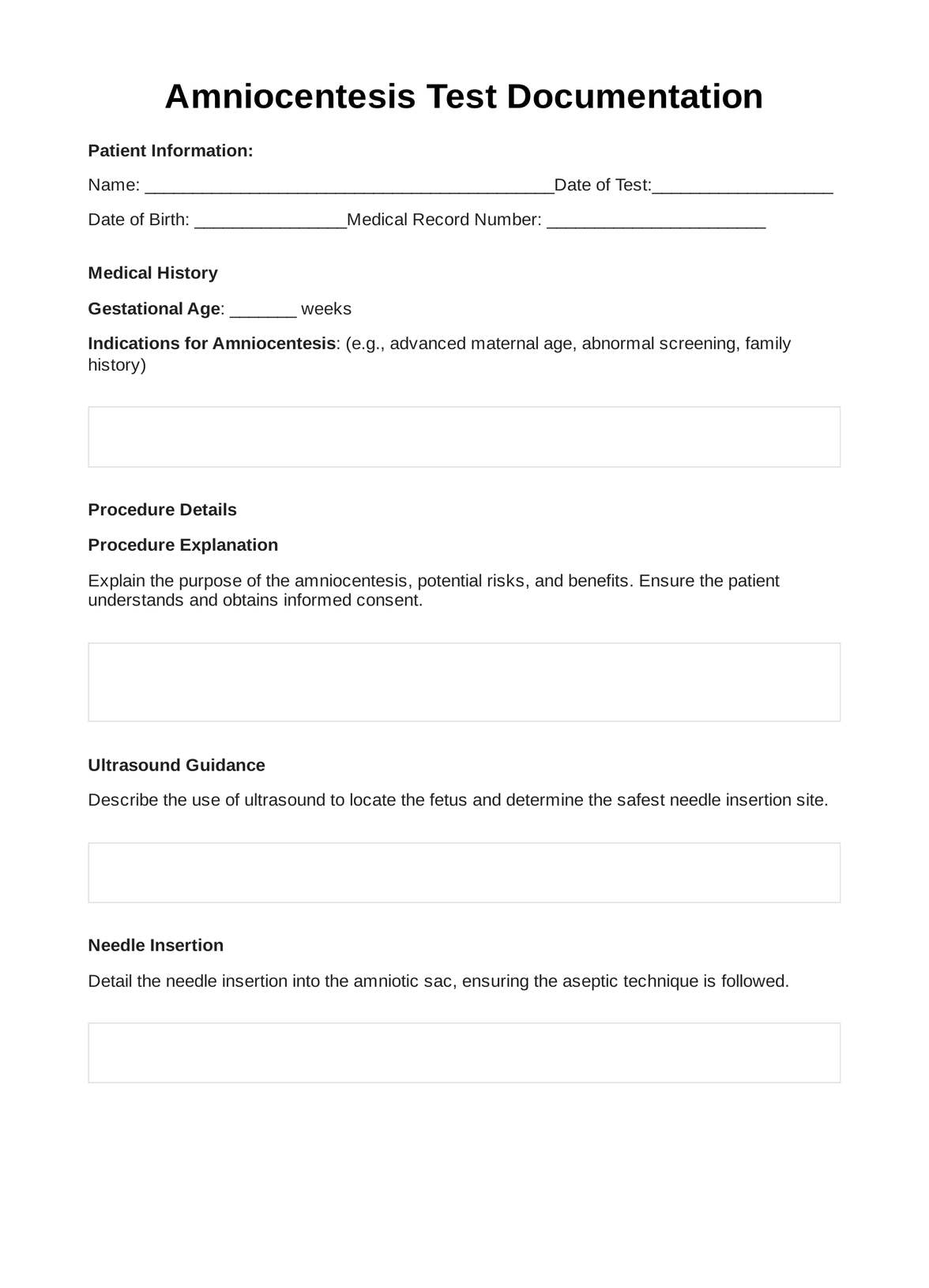
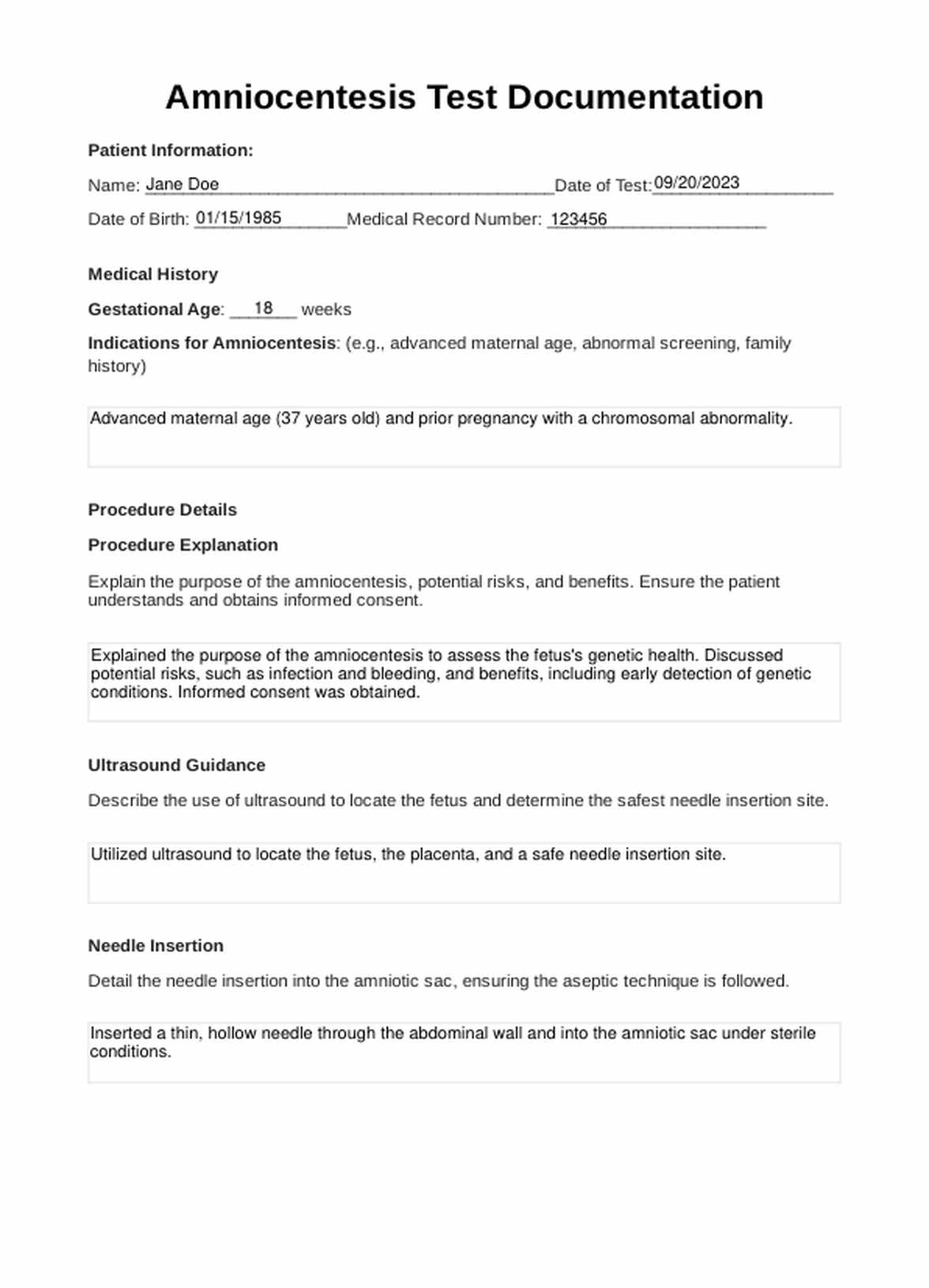

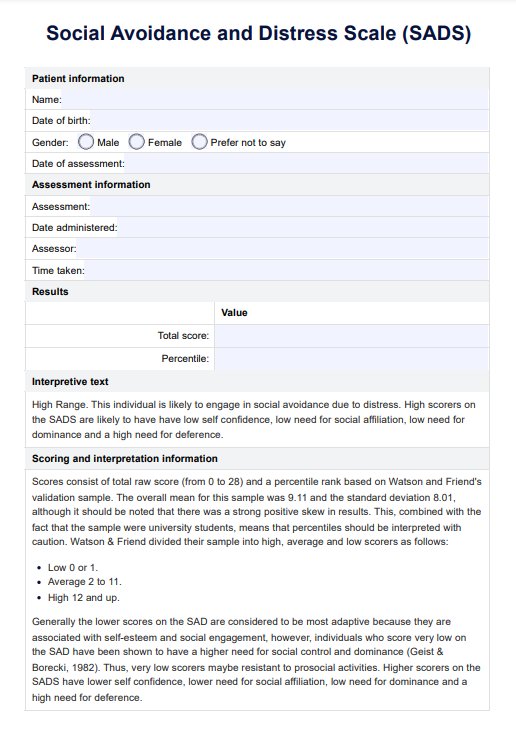
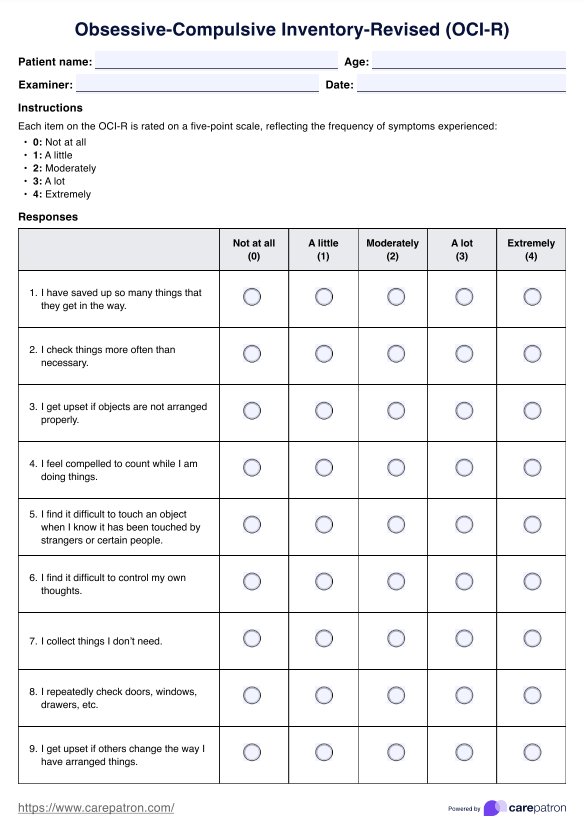
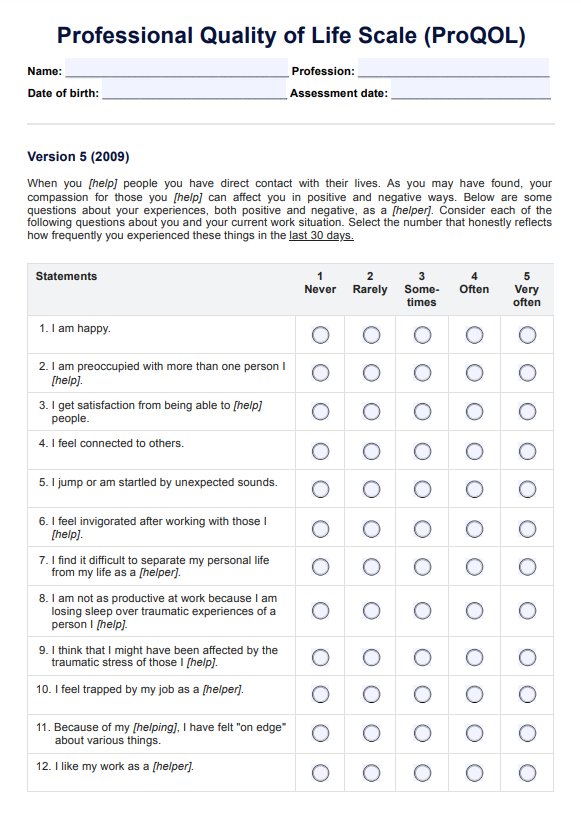









-template.jpg)































































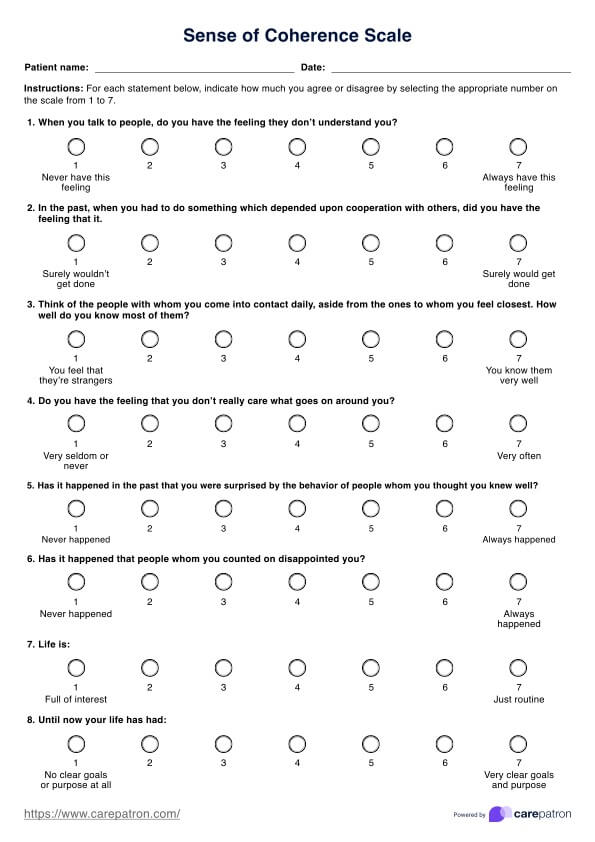

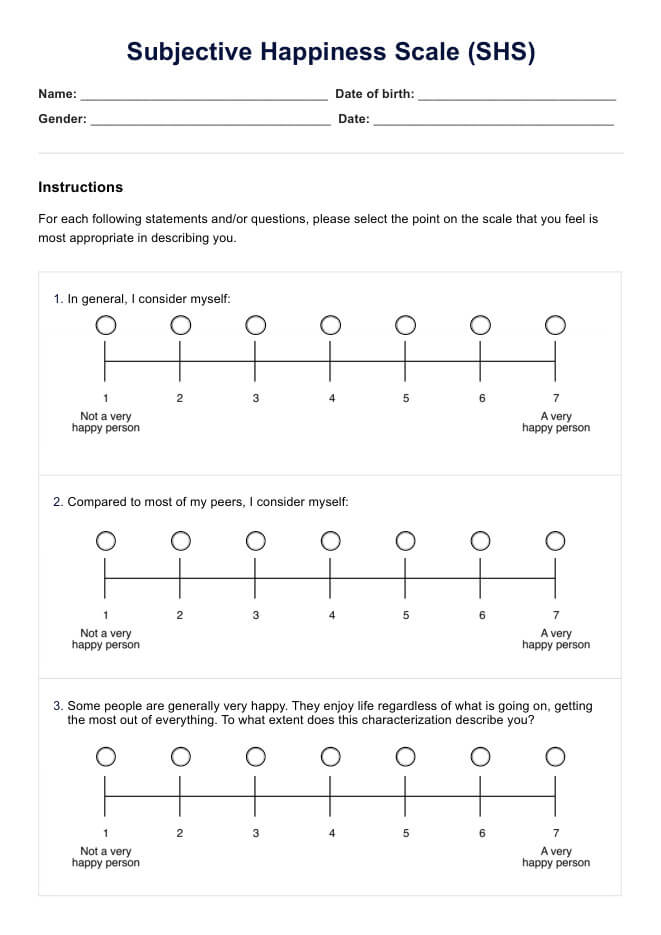
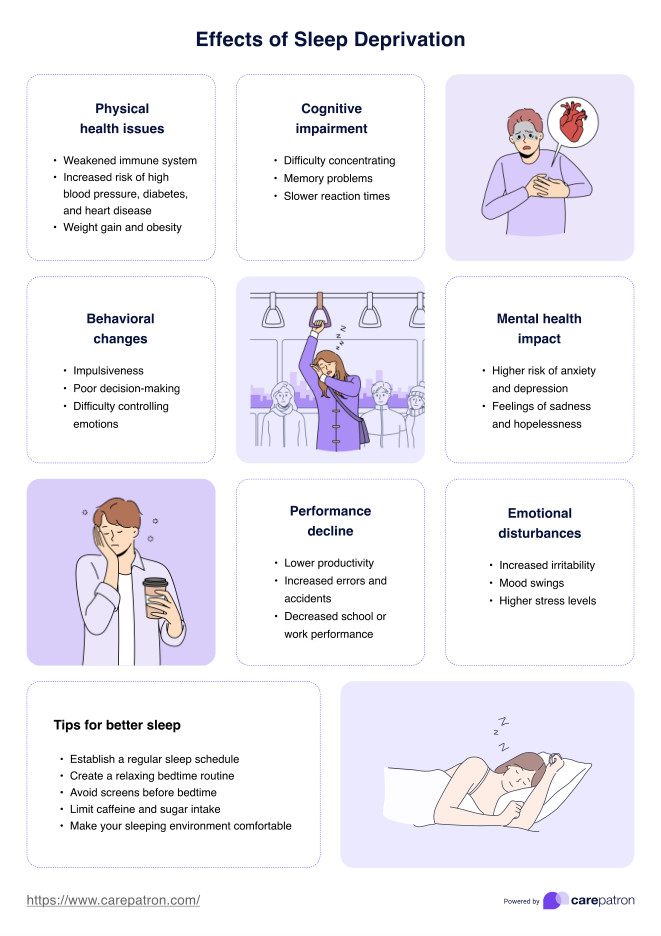
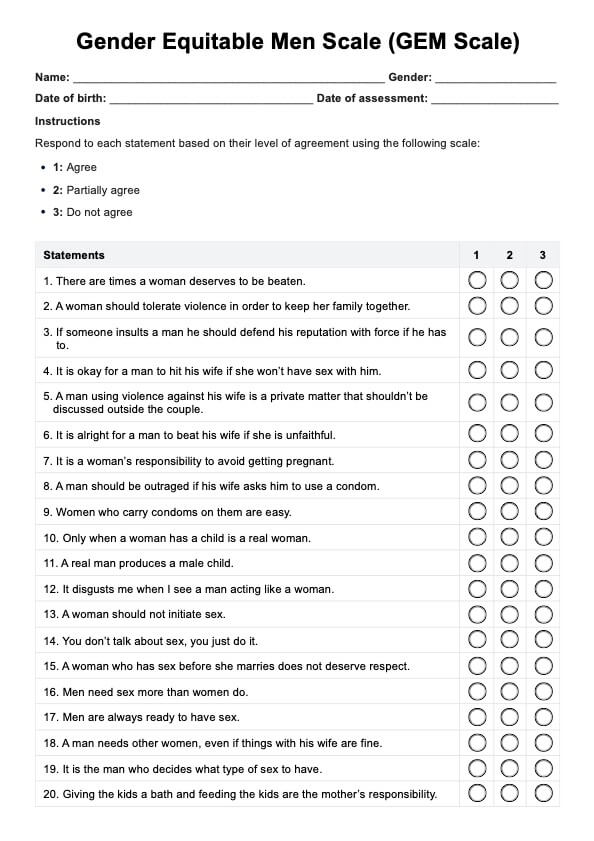

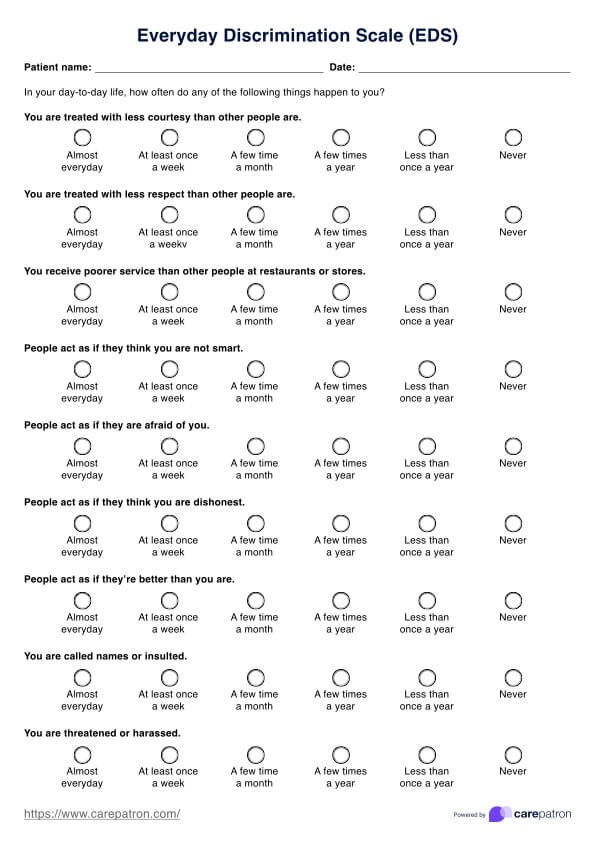
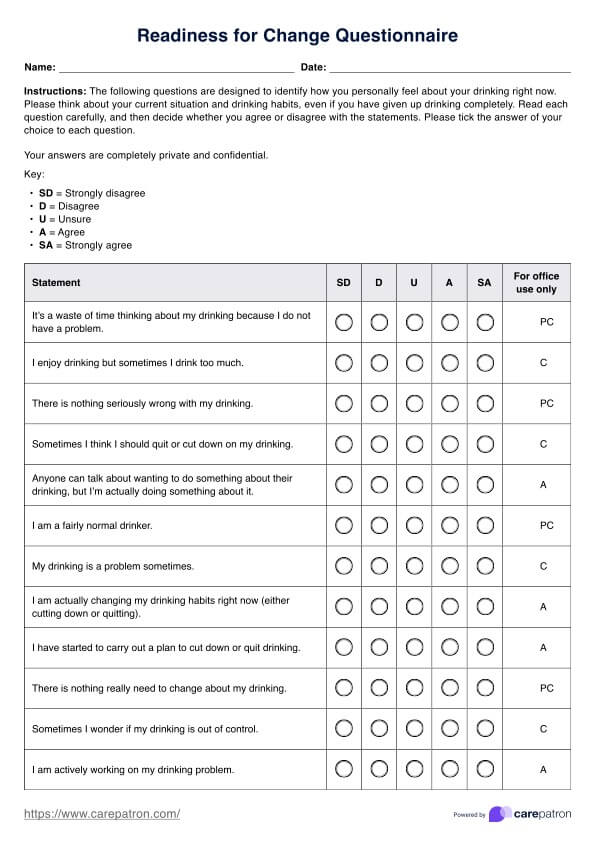
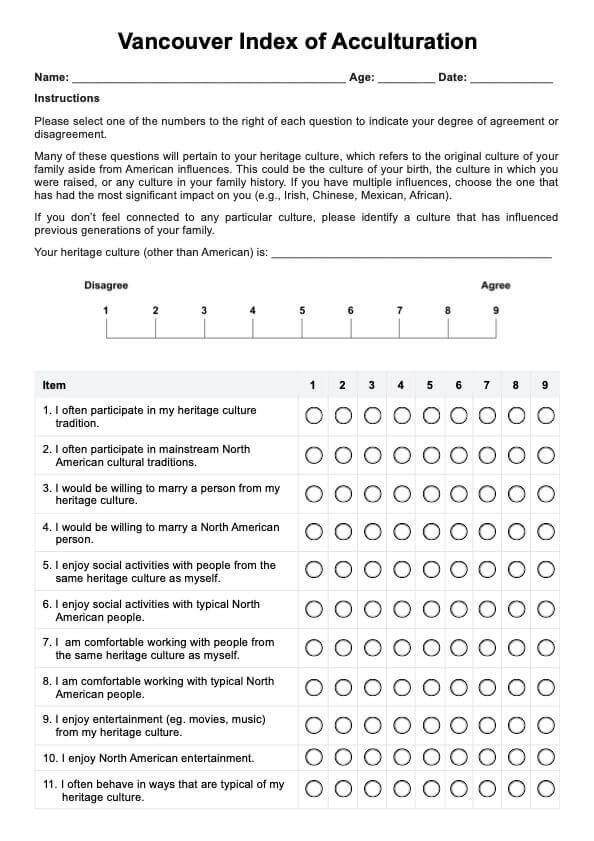

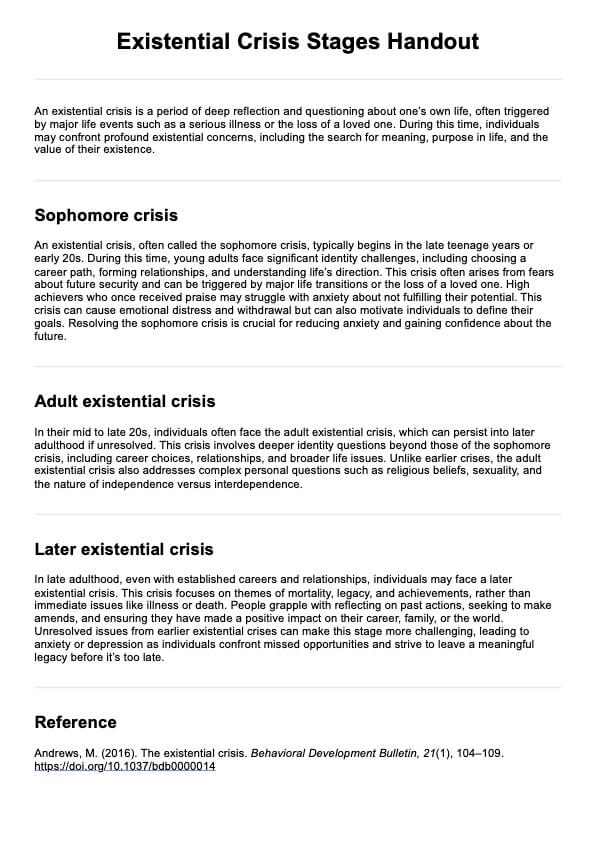


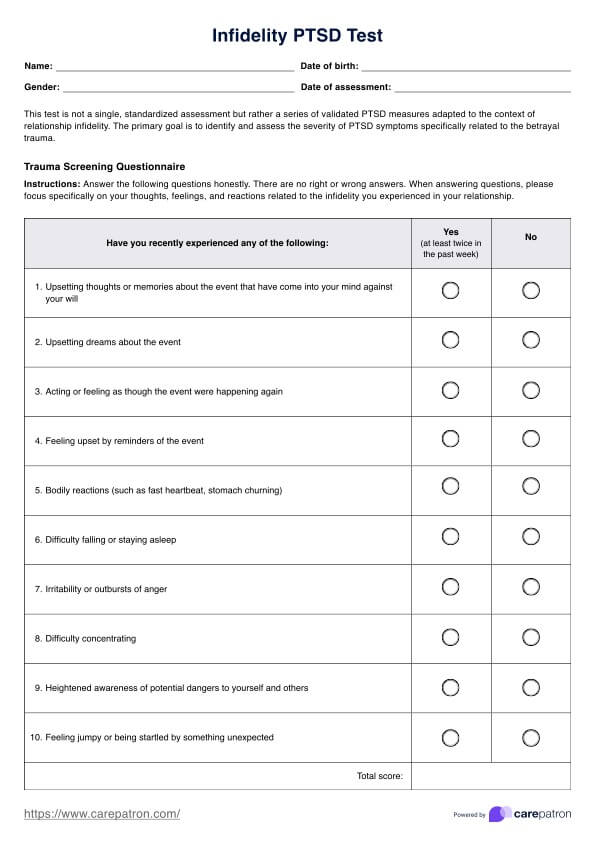
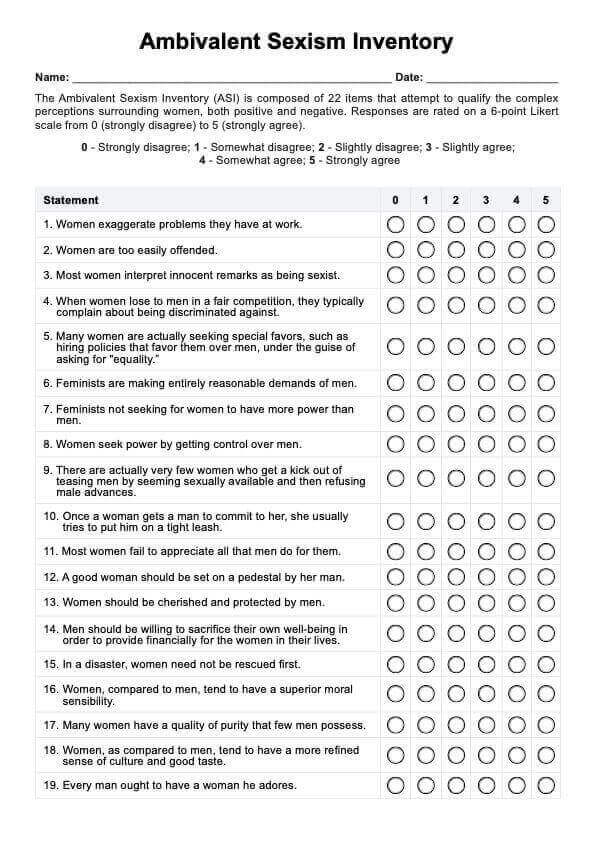
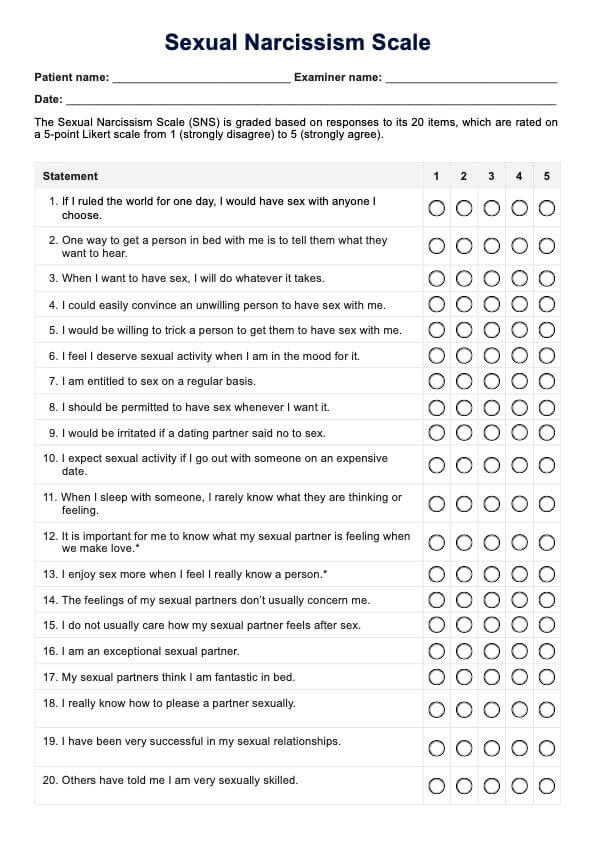
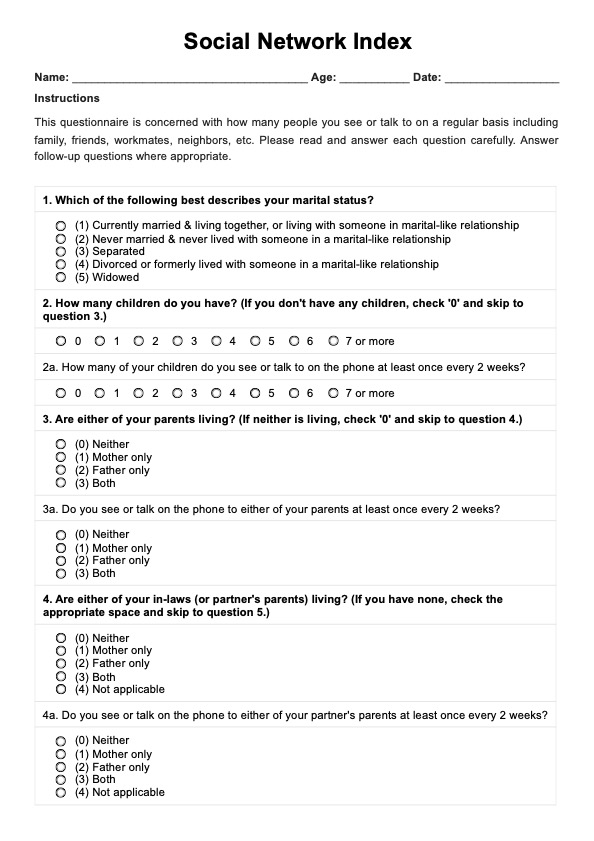
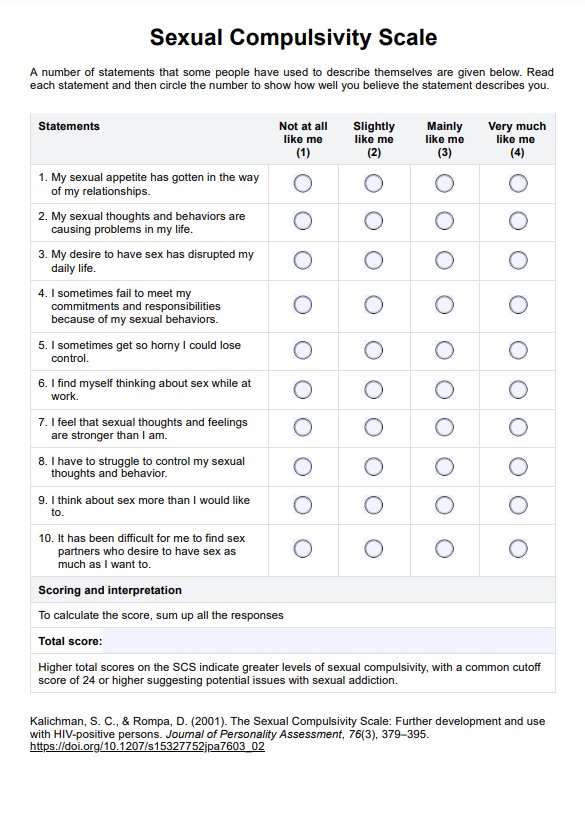
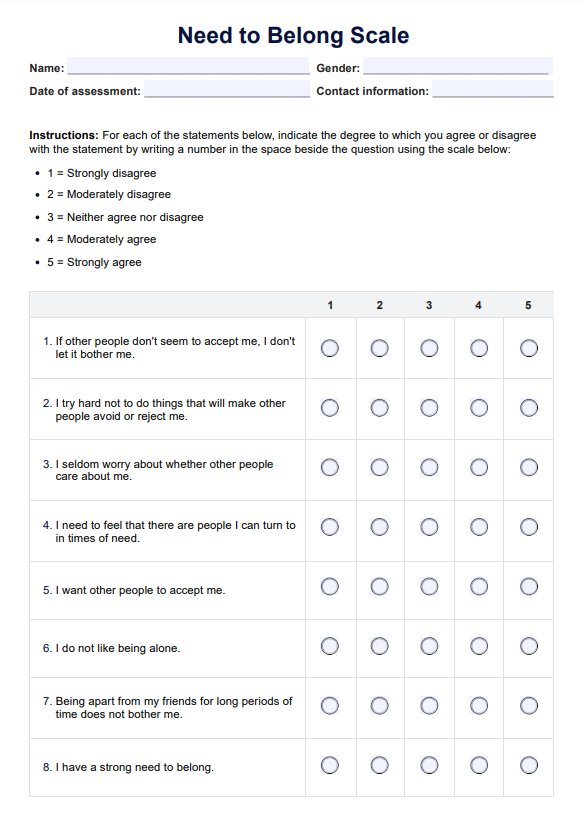
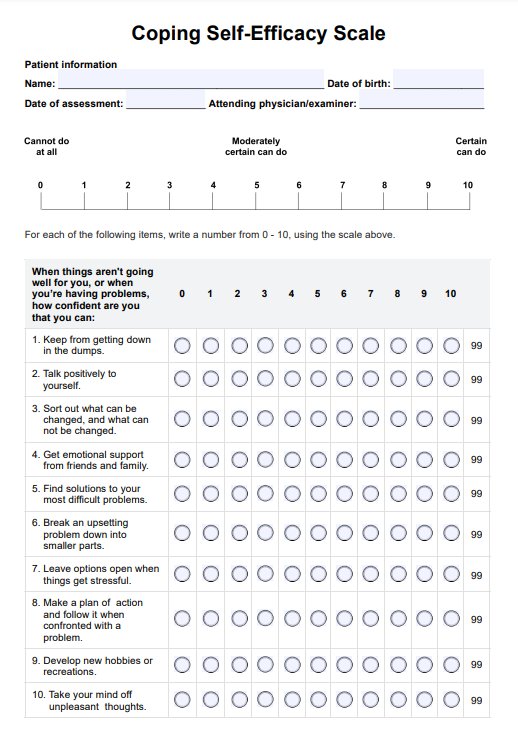

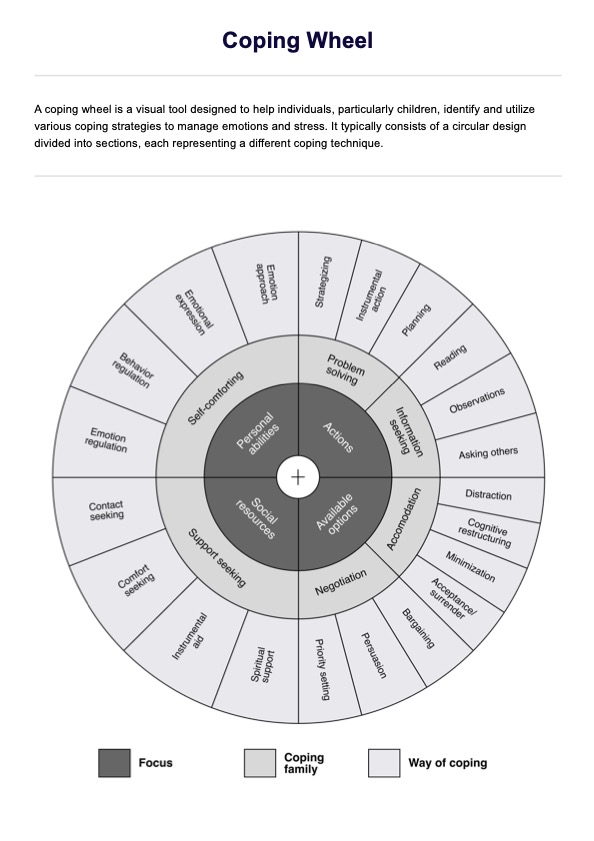
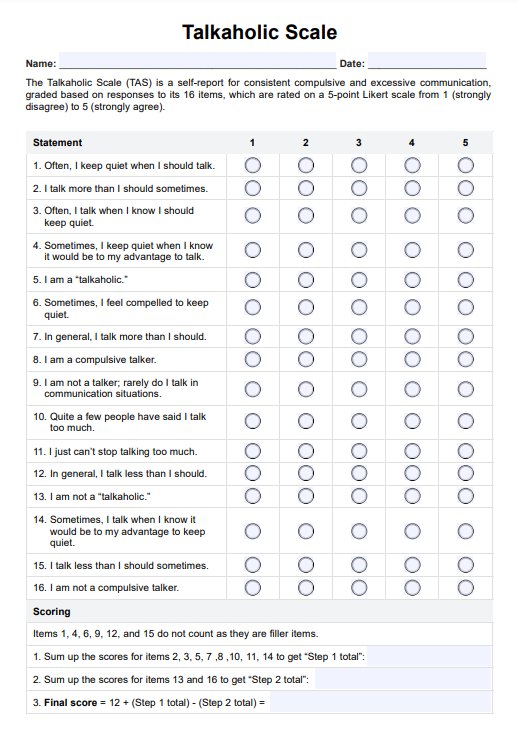

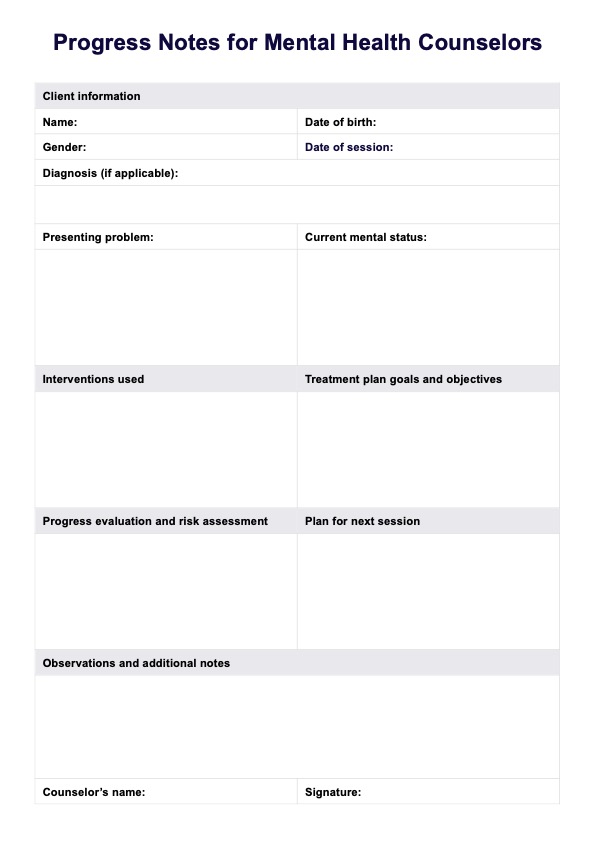
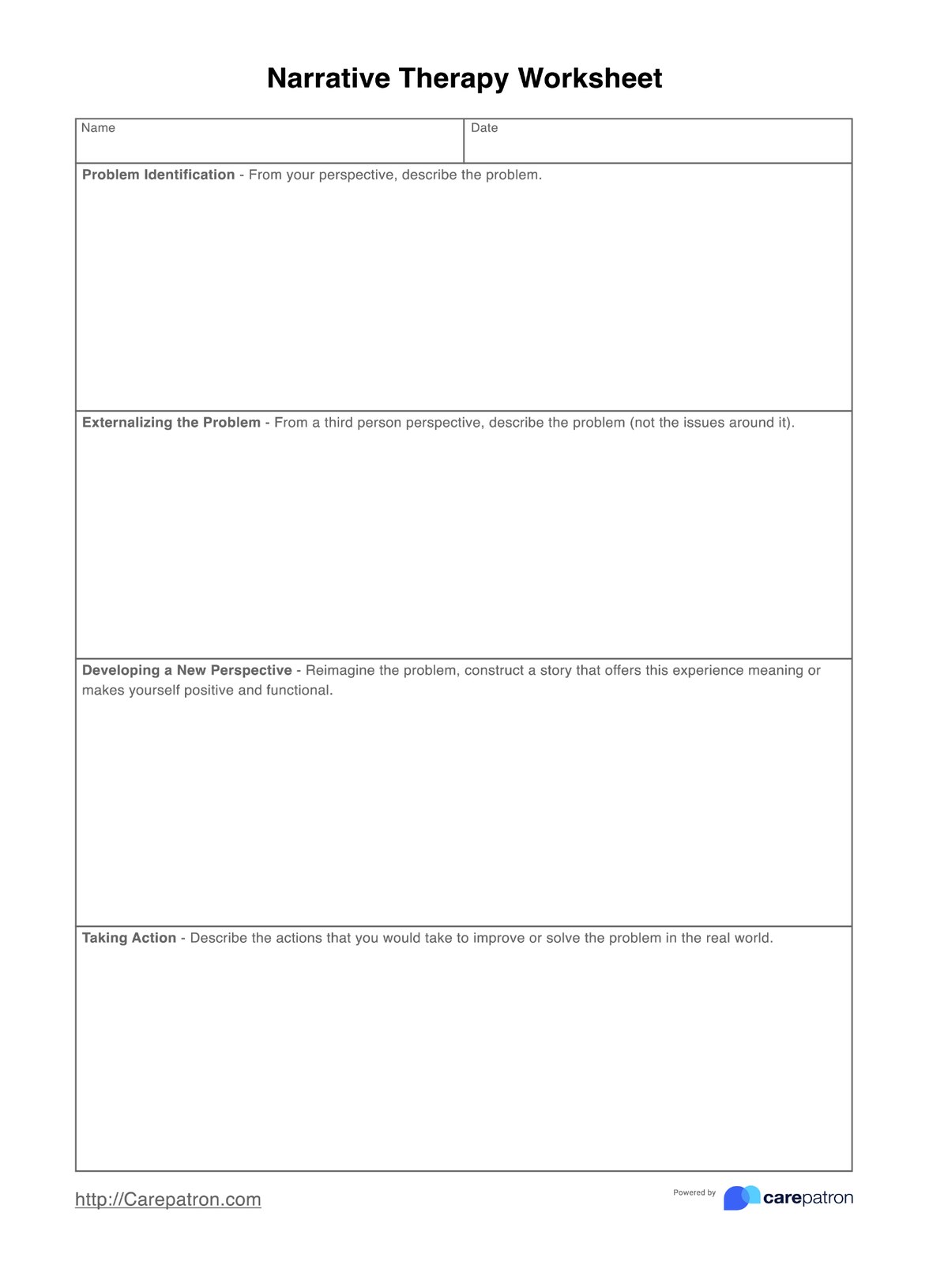

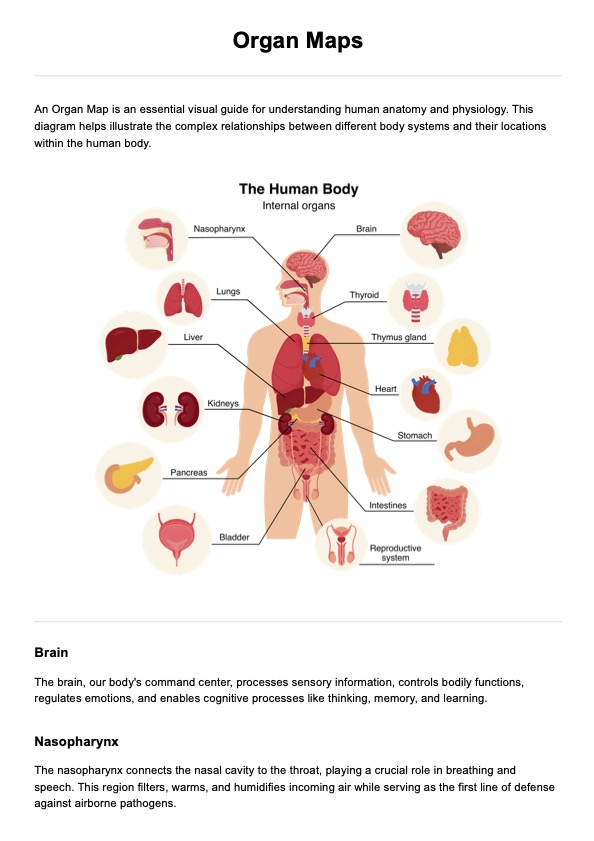
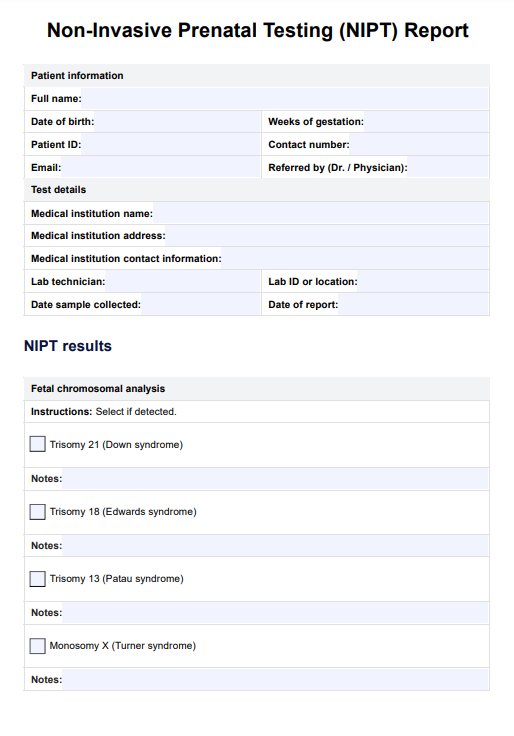
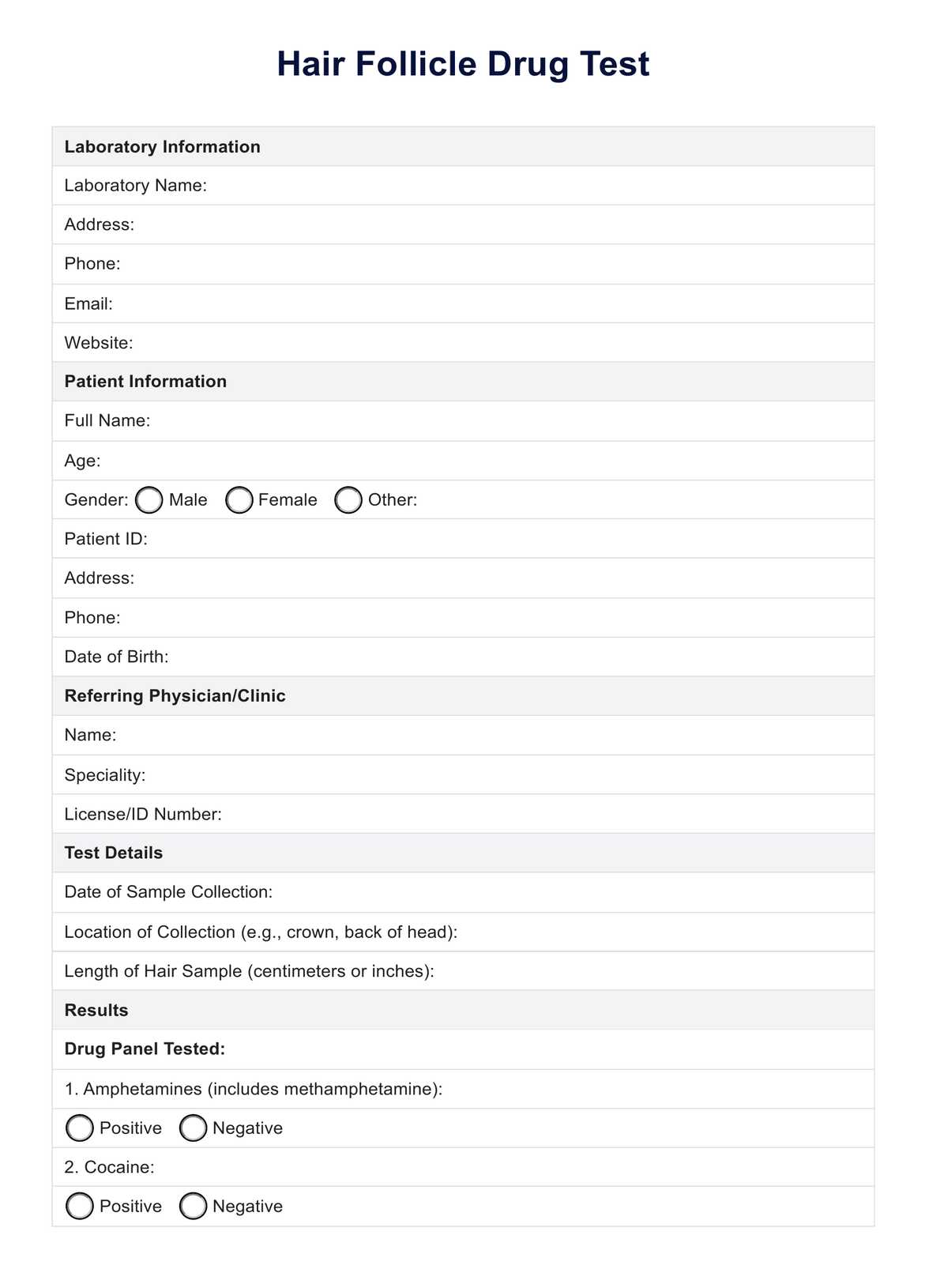
-chart.jpg)
